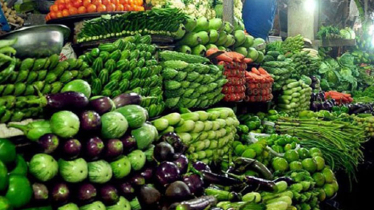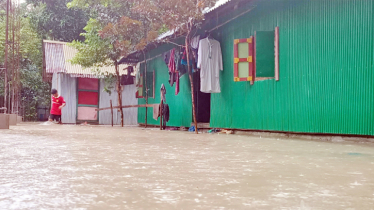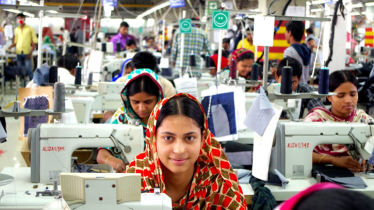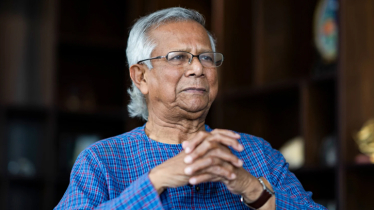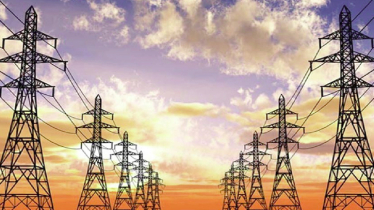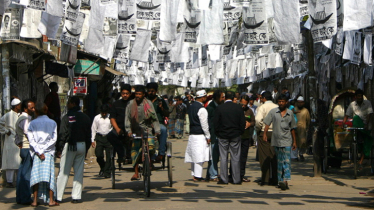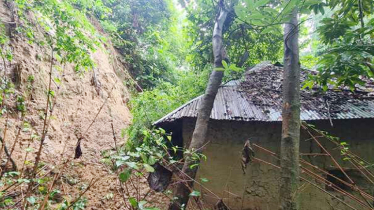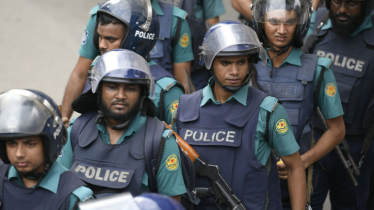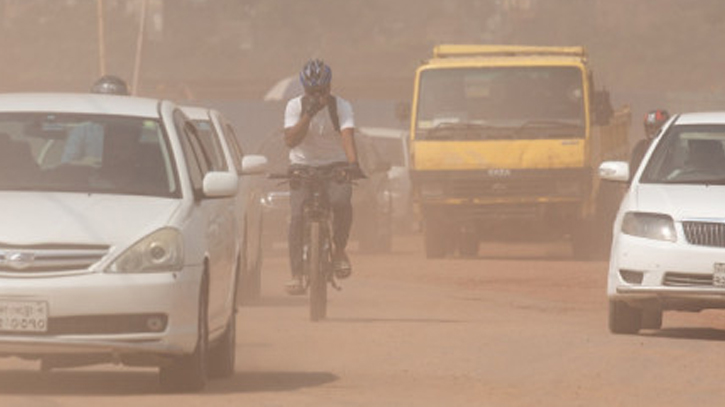
Photo: Collected
Residents in the capital city are now living under the tyranny of dust, a menace that pervades the very air they breathe, infiltrates their homes, and clings to their bodies. Dhaka’s environment is under siege, its charm eroded by the pervasive presence of dust, both outdoors and indoors. This dire situation stems from a lack of proper urban planning and coordination in the face of rapid urbanisation and uncontrolled construction.
Various development projects related to gas, electricity, water, drainage, and road development have scarred the cityscape, leaving behind a trail of dust sources. Excavations during these projects, coupled with the construction of buildings, result in soil, sand, and construction materials strewn haphazardly. Old buildings are torn down, new ones are erected, and roads are damaged without adequate repairs.
eanwhile, vehicles spew black smoke, and industrial emissions add to the atmospheric dust. This multitude of sources converges, creating an impenetrable dust cloud, choking the very breath of the city’s inhabitants.
The consequences are severe. Dhaka’s residents find themselves ensnared in traffic during the day, while the dust-laden air they breathe takes a toll on their health. Respiratory diseases like asthma, bronchitis, and other lung disorders are becoming increasingly prevalent, especially among vulnerable groups such as the elderly and children. The need for liberation from this dust-filled nightmare is now undeniable. Urgent action is imperative to salvage the city from this dust debacle.
Effective solutions must be implemented promptly to curb this crisis. Dust control sprays can be deployed in areas where airborne dust is rampant, suppressing particles and preventing their dispersion. During peak hours, heavy traffic should be restricted, and stricter emission standards for vehicles must be enforced. Unpaved roads should be regularly watered, and water trucks can be utilized to suppress dust. Priority should be given to road carpeting projects, while damaged roads need swift and proper repair. Planting fast-growing trees in dust-prone areas can act as a temporary green barrier, trapping dust and enhancing air quality. Additionally, investments in well-paved roads, efficient drainage systems, waste management, and related infrastructure are crucial.
Moreover, a paradigm shift toward sustainable transportation is essential. Public transportation systems need significant investment and improvement; cycling lanes must be promoted, and the adoption of electric vehicles should be encouraged. These measures will not only reduce vehicle emissions but also contribute to the long-term decrease in dust levels in the city.
Above all, a comprehensive campaign against dust pollution must be launched – thereby engaging the community, local authorities, and businesses alike. Through collective efforts and a commitment to change, Dhaka can reclaim its air quality – thereby ensuring the well-being and safety of its residents. The time for action is now as the city strives to emerge from the dust-filled chaos and breathe freely again.
Messenger/Fardin

